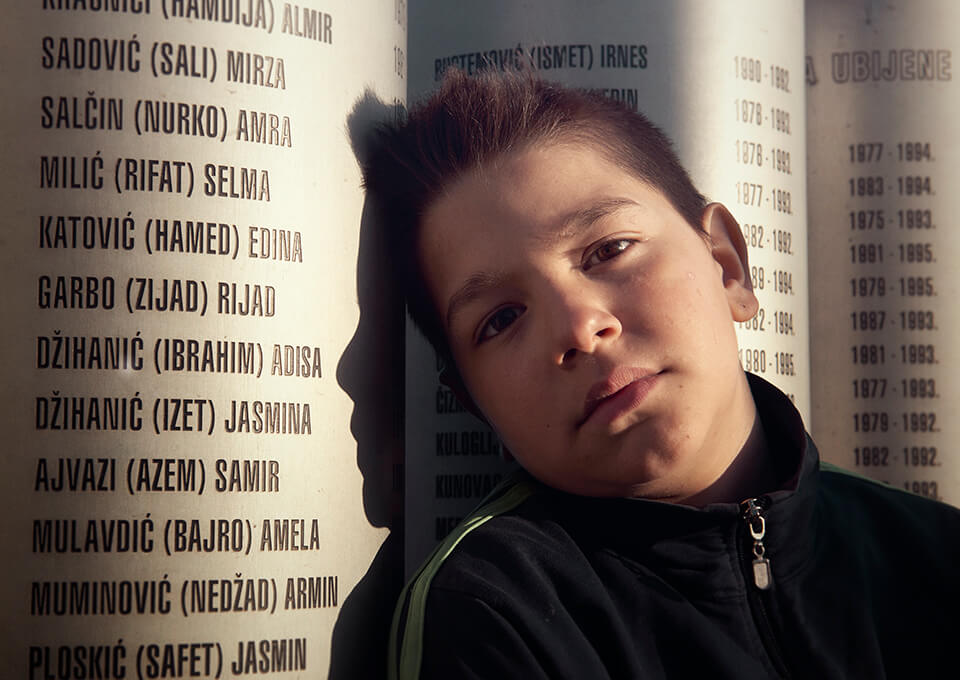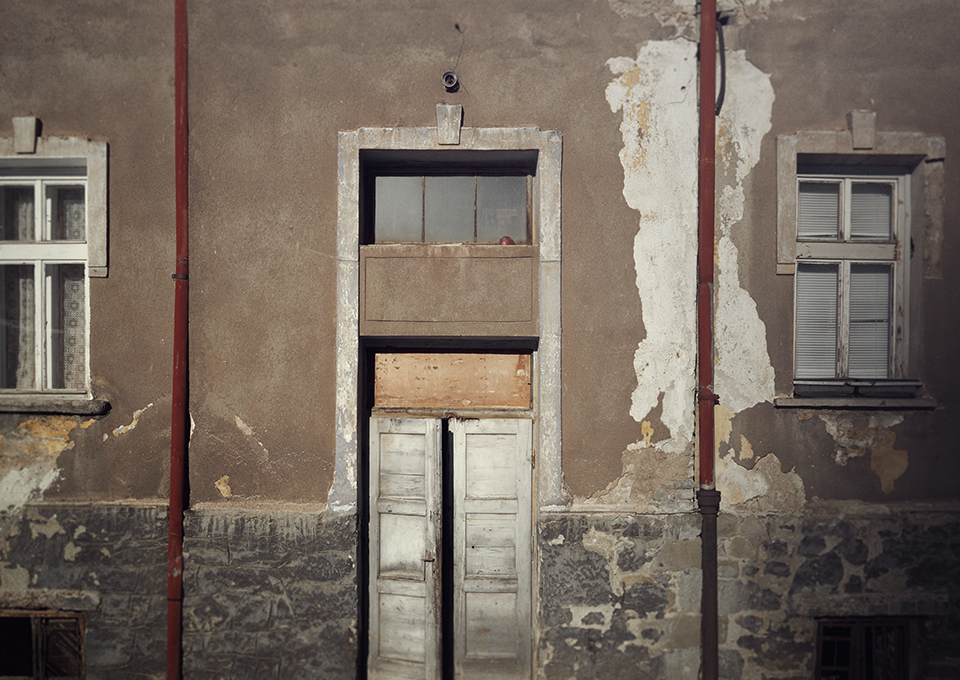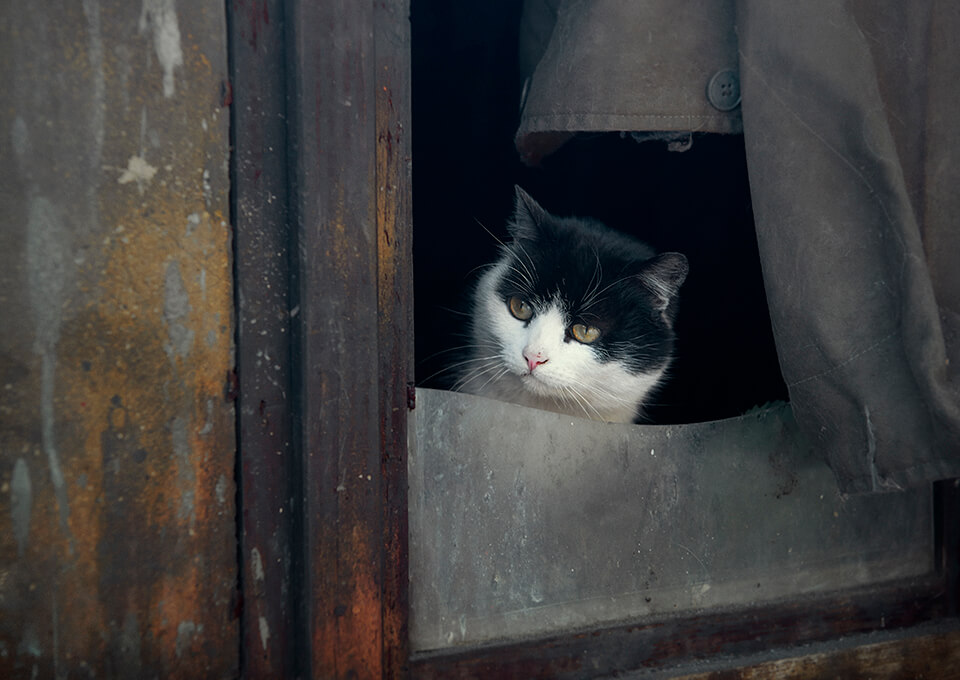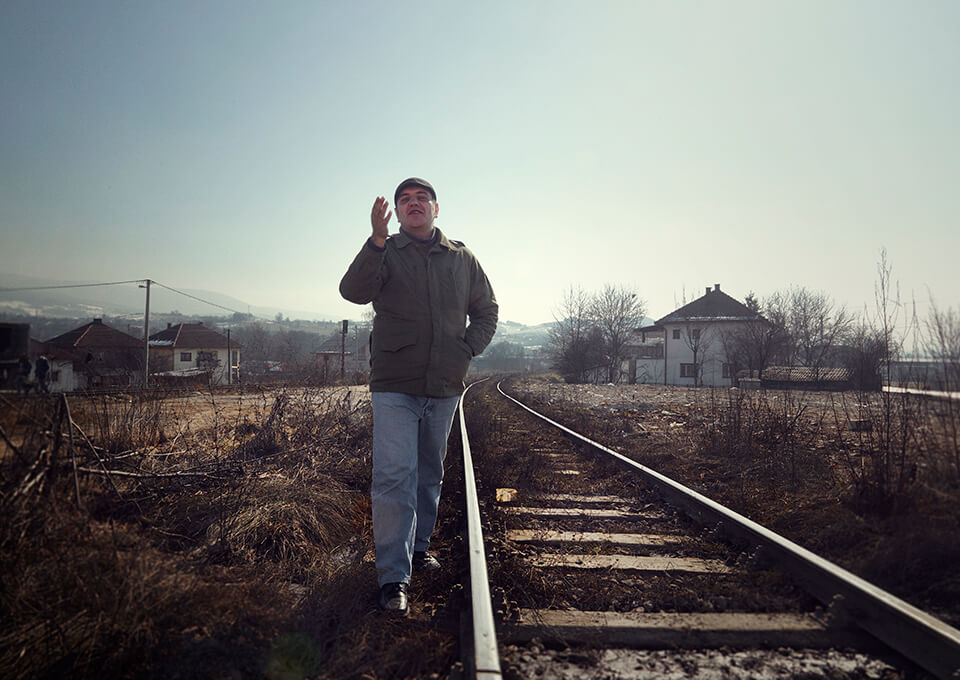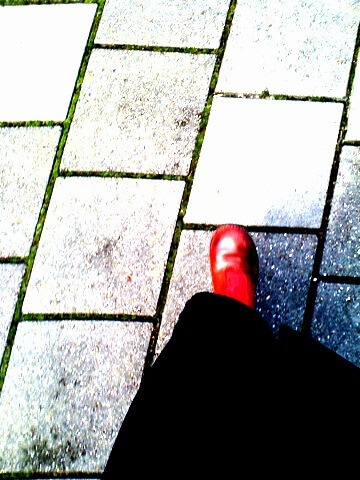The boy holds out a dirty hand and looks at me expectantly. I shake my head, his black eyes take me in. He lets his shoulders slump, but does not walk away. He keeps looking. Not intrusive, more sort of resigned. Then he holds up his hand once more.
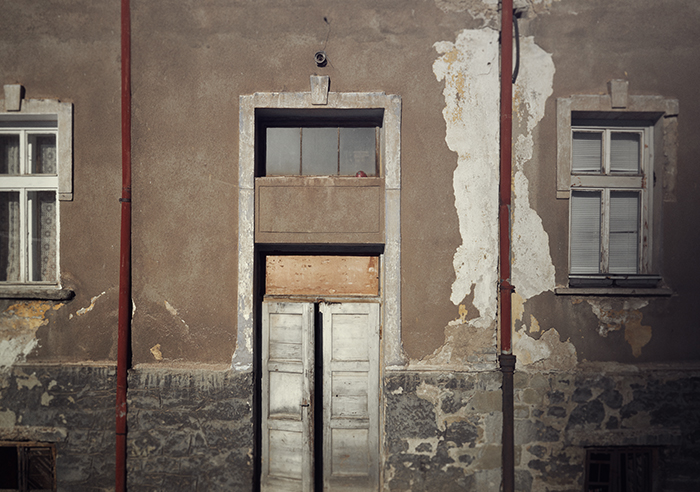
Street kids of Sarajevo
“Many street children are begging in Sarajevo. It’s illegal”, says Admir as we continue to walk. “I explained to the boy that if we give him money, we support a reprehensible system.” I wonder whether the boy understands and whether he benefits from Admir’s well-intentioned but theoretical lecture.
But since I don’t come up with an alternative, I remain silent. The boy is walking along as we stroll further. I cast a look at the boy as he continues to chatter casually with Admir. He walks with difficulty. One leg is stiff making him lean to one side each time he pulls up his leg.
Roma
Broken plastic sneakers, an earring in one ear and a thin track suit which is so worn out it deserves a monument. I shiver in my warm windproof jacket.
“To give them money means to support a corrupt system,” Admir continues. “Many Roma operate in groups and send the children out to beg. But the problem is more complex than that. When Bosnia came out of the war, it was like a body with three heads.
Dayton Peace Agreement
The Dayton Peace Agreement has created a system in which Bosnian Muslims, Bosnian Serbs and Bosnian Croats each have their own president. Holding each other in a stranglehold and achieving basically nothing. There is huge unemployment.
They all preach to their own congregation. As for the Gypsies, they have no representative. So no, children should not beg, but no party feels it is important enough to do something about it.”
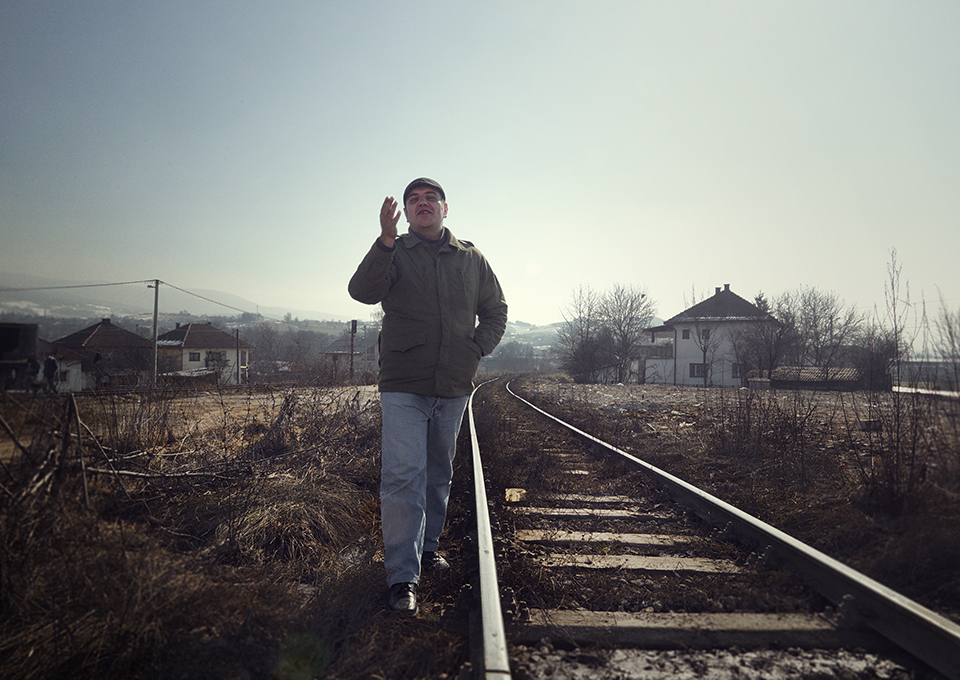
Shelters
“Sometimes,” continues Admir, while we watch a woman beg, “the parents are arrested and imprisoned for a week. Their children are then placed in a shelter. A futile enterprise.”
His name is Kemal, the boy says, when we ask him and he has just turned nine. He responds with a shy smile. Dimples appear in his cheeks and suddenly I see a boy rolling off the bed in convulsions of laughter after having been tickled just before bedtime.
Crying street children
Two brothers and six sisters, he say counting them on his fingers. His favorite subject is drawing. Allthough I doubt he sees much of the inside of a school.
Kemal is one of the many street kids of Sarajevo that are sent out into the street to beg. “Sometimes they are not older than a year or two or three,” says Admir. “They’ll be crying. They are only allowed to return if they have made enough money.”
Ottoman quarter Baščaršija
Runs? Kemal has apparently forgotten that he was limping because his leg is no longer an issue. We share some cake in the Ottoman quarter Baščaršija, once the economical heart of the city. Here are many restaurants, coppersmiths, antique dealers and wood carvers.
Gavrilo Princip
We pass the Square of the Pigeons and climb past the Muslim cemetery to the Tower of Plowa and the old city walls. Between couples holding hands we look out over the city. Next to the city wall is the building where Gavrilo Princip was imprisoned.
Sarajevo has seen its name several times tied to war. In 1914, the Bosnian Serb Gavrilo Princip shot the Archduke Franz Ferdinand and his pregnant wife to death and set in motion the events that led to the First World War.
Square of the Pigeons
From the top we see how Sarajevo is surrounded by hills. During the Civil War of 1992 to 1995 the city was under siege from these hills. Below us I see people walking. Along the river, to the Square of the Pigeons. I see the same thing the Serbian Bosnians saw then.
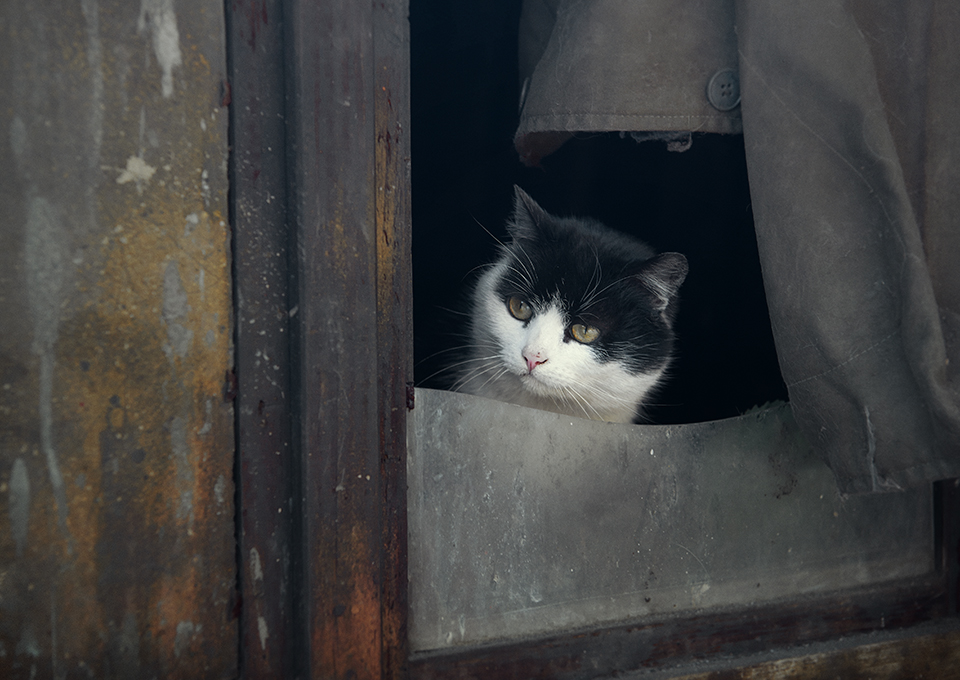
Snipers
Only then people went as quickly as possible from one place to another in order to keep themselves out of the sight of snipers. Sixteen hundred children died in Sarajevo during the siege of hunger and snipers. I look at Kemal who is looking over the city pointing out the different parts.
“Once this was a wealthy, aristocratic city,” says Admir who was educated as a teacher of geography but in a country with 50 percent unemployment, has no for one day stood in front of a class. “It wasn’t the ravaged city full of bulletholes then.
Children died during the siege
But the first European city to have a tram network, street lighting and public toilets.” He sounds proud and Kemals eyes sparkle when Admir tells him about the former wealth.”Shouldn’t we do something for him”, asks Nomad and points to the clothes of the boy. “Buy him a coat maybe?”
But Kemal shakes his head, wehn we ask him. “No need, where do we go now?” “To the memorial for the children who died during the siege. On the other side of the center”, says Admir. “I know that,” he says. “My mother’s brother is among the names. Come, I’ll show you.”
Sarajevo Memorial for children
At the children’s memorial, Kemal runs flawlessly to the correct role with names. Hundreds of names are printed on various roles, giving away the names and ages of the children who died during the civil war in Sarajevo. He puts his finger on a name. His uncle was fifteen when a sniper in the surrounding hills took his life.
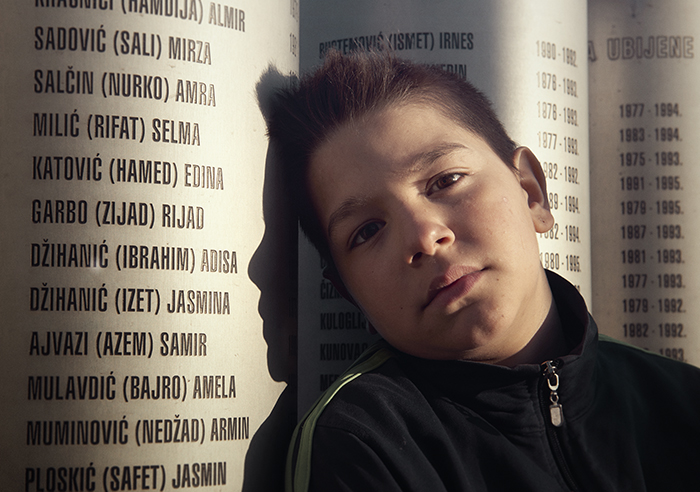
Corrupted system
It is time for us to take the bus, we strike Kemal over his head and feel indecisive. When Admir is not looking, I quickly slip ten euros in Kemal’s pocket. “You know,” the photographer says as we drive northwards towards the hills, “I know it’s not good to support a corrupted system, but I slipped him ten euro’s.”
Text: Anneke de Bundel – Images: Nicole Franken
This feature came about on the invitation of Adriatic Vakanties, who organizes trips to Bosnia and Croatia.

